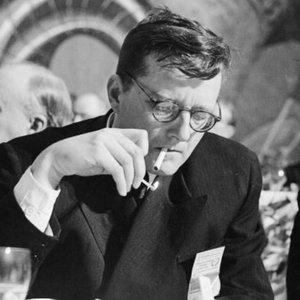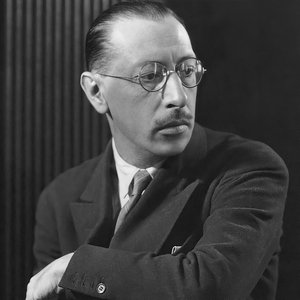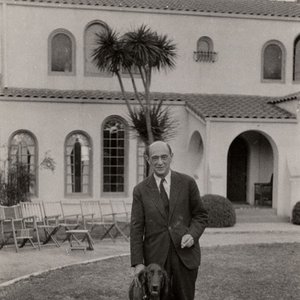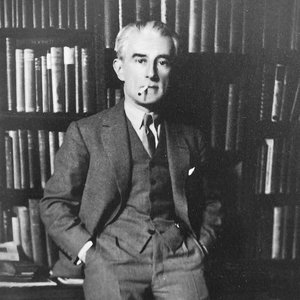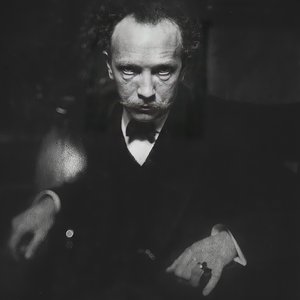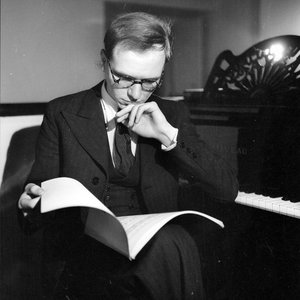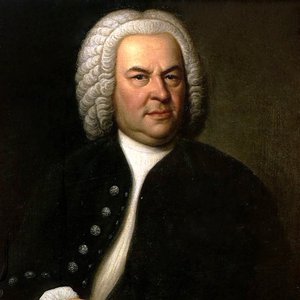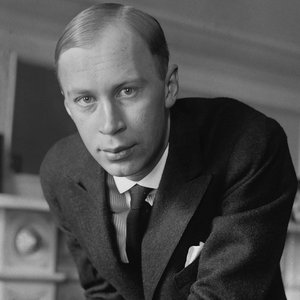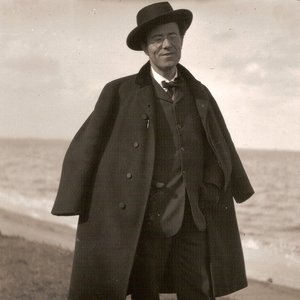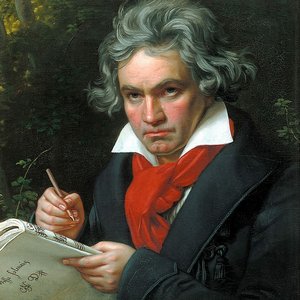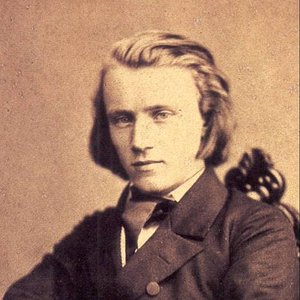Biography
-
Born
25 March 1881
-
Born In
Sânnicolau Mare, Timiș, Romania
-
Died
26 September 1945 (aged 64)
Béla Bartók was a Hungarian composer, pianist, and ethnomusicologist who lived from 1881 to 1945. He is considered one of the most influential composers of the 20th century, renowned for his innovative approach to composition and his exploration of folk music.
Bartók was born on March 25, 1881, in Nagyszentmiklós, Austria-Hungary (now Sânnicolau Mare, Romania). He showed prodigious musical talent from an early age and began his formal music education at the Budapest Academy of Music. During his studies, he developed a keen interest in folk music and traveled extensively throughout Eastern Europe, collecting and transcribing traditional melodies.
In addition to his ethnomusicological work, Bartók composed prolifically. His early compositions reflected the influence of late Romanticism and the music of his contemporaries, such as Richard Strauss and Claude Debussy. However, as he delved deeper into folk music, Bartók's style evolved, embracing elements of Hungarian and other Eastern European folk traditions. His music became characterized by its rhythmic complexity, use of dissonance, and exploration of unconventional tonalities.
Bartók's works spanned various genres, including orchestral pieces, chamber music, piano solos, and choral music. Some of his most notable compositions include the Concerto for Orchestra, the Six String Quartets, the Mikrokosmos piano cycle, and the opera Duke Bluebeard's Castle.
Despite his artistic achievements, Bartók faced numerous challenges throughout his life. He witnessed the rise of fascism and was deeply disturbed by the political climate in Europe during the 1930s and 1940s. As a result, he immigrated to the United States in 1940, where he faced financial difficulties and struggled to gain recognition for his music.
Tragically, Bartók's health declined rapidly, and he passed away from leukemia on September 26, 1945, in New York City. His contributions to music, both as a composer and an ethnomusicologist, left a lasting impact on subsequent generations of musicians. Today, Bartók's music is celebrated for its originality, blending of folk elements with modernist techniques, and profound emotional expression.
Artist descriptions on Last.fm are editable by everyone. Feel free to contribute!
All user-contributed text on this page is available under the Creative Commons Attribution-ShareAlike License; additional terms may apply.
